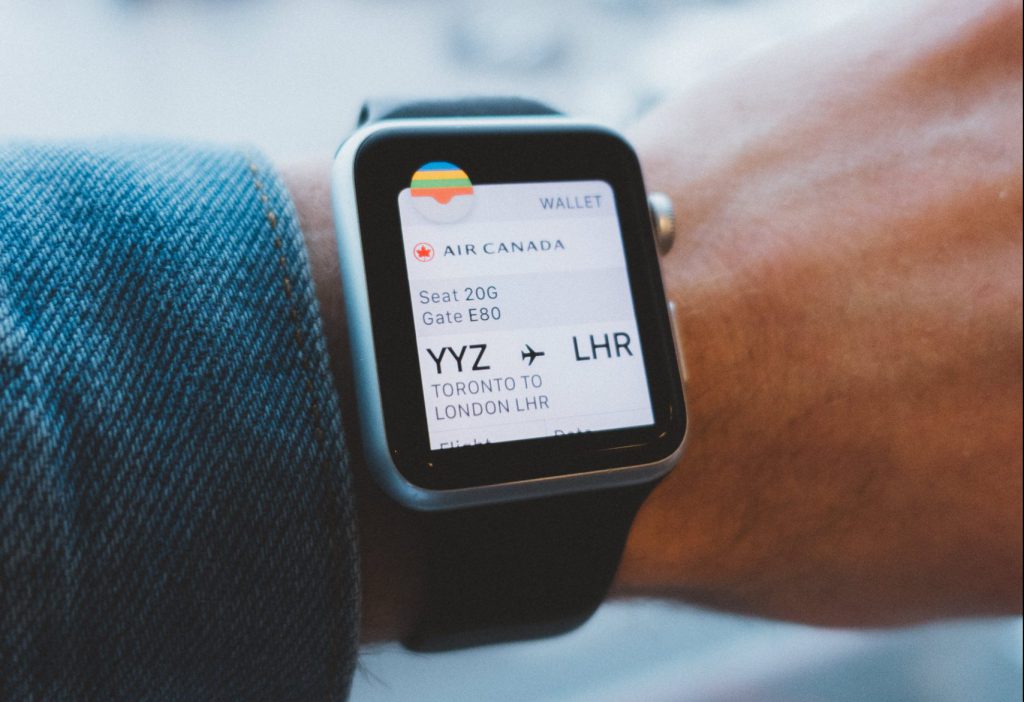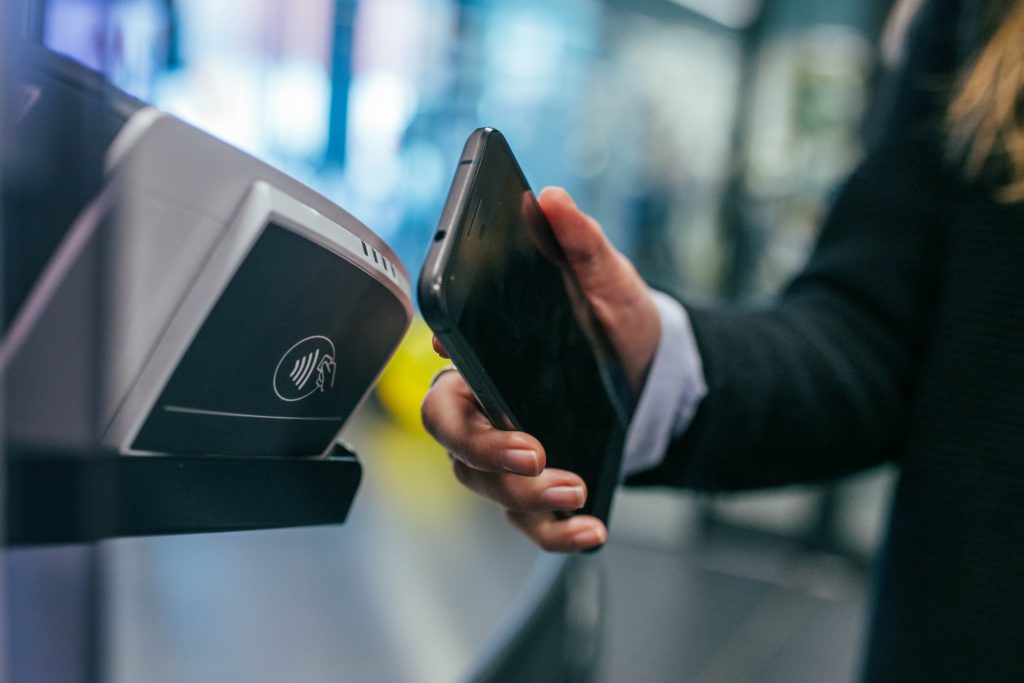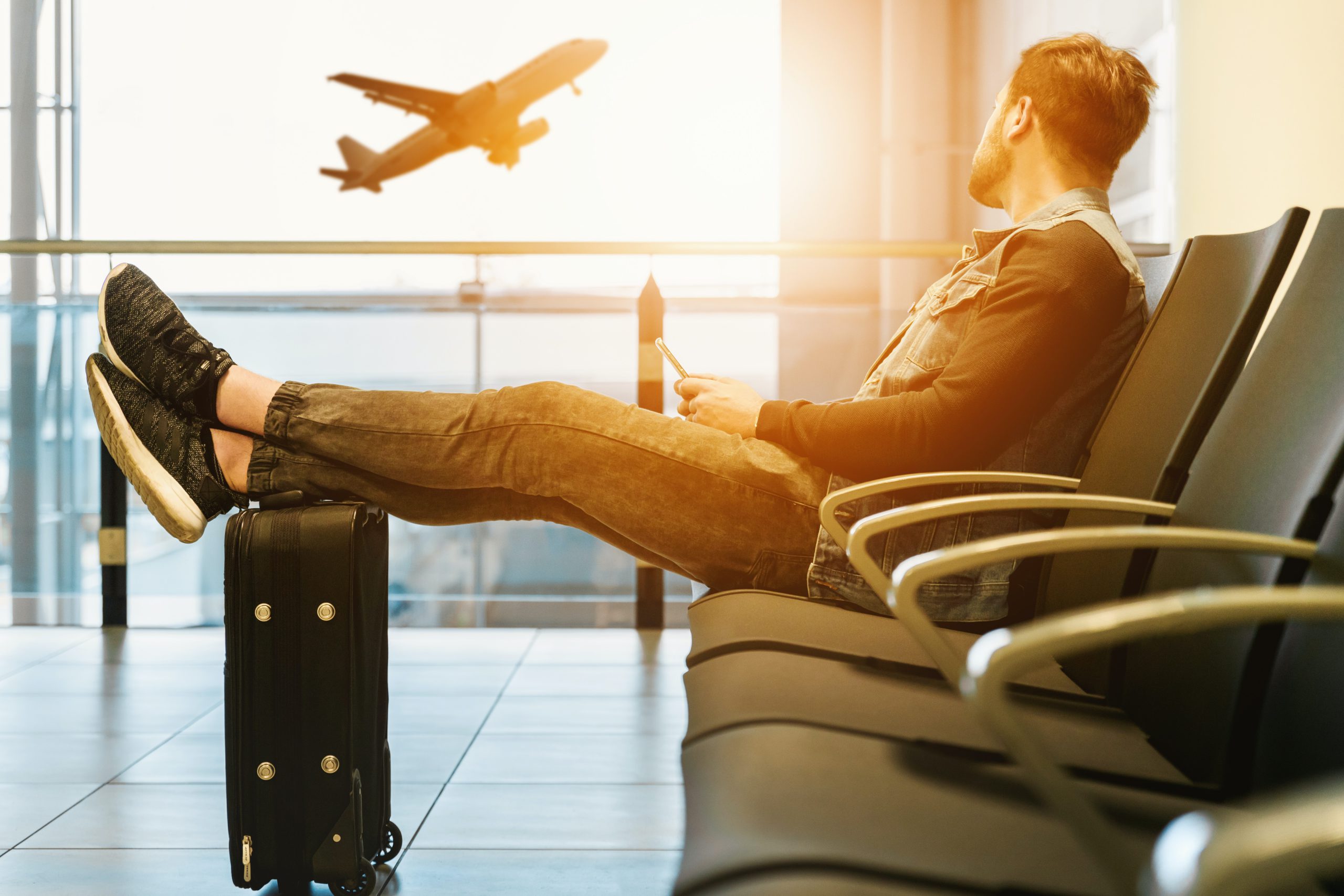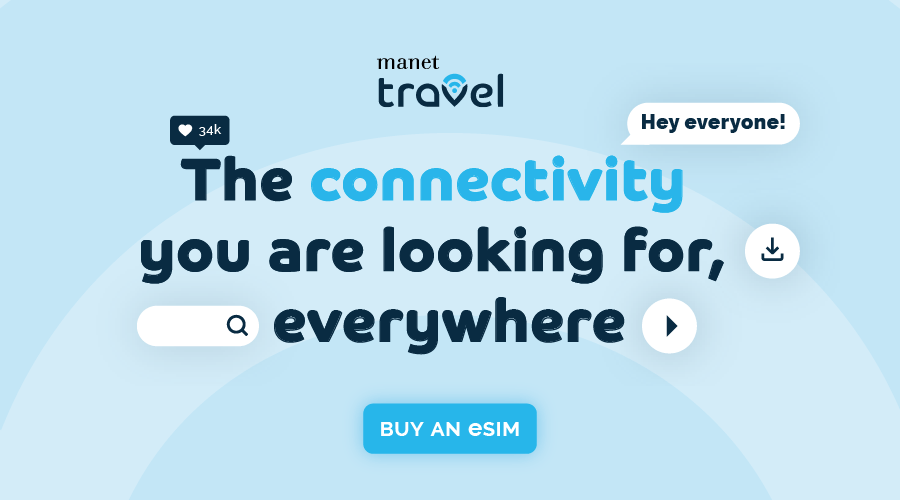Internet access has become a requirement for hotels and destinations by almost all travelers. In fact, as revealed by WeSwap (2020), 29% of travelers would skip a holiday destination if they will not be able to post on social media while they are there and this habit of sharing and posting influenced others to make their travel plans as well. Eighty-four percent of millennials and seventy-three percent non-millennials are very likely to book a trip based on someone else’s social media updates, posts, or photos, and from there on book from a travel app right away.
Indeed, technology has made traveling easier and more convenient. It is hard to imagine traveling without the assistance of technology these days. That would mean you have to make your research by the book, inquire and make reservations over the phone, bring a physical map with you, and take photographs for printing right after you come back. Luckily, these have been replaced by smartphone mobile apps, social media, and the internet. Travelport (2021) mentioned that 90% of travelers now have apps installed on their smartphones to make their life easier at their destination with maps, airlines, weather, and social media.
So here is how technology shapes the travel experience relatively to every aspect of a leisure of business trip:
Travel planning

All of the information you need in planning a perfect trip is readily available online. Travel sites, social media, and Google are often the most reliable and essential information sources. Joining online travel communities and groups can also help you finalize your travel plans.
Booking and reservation
Technology helps people book their flights, accommodation, and itineraries or activities from their smartphones in minutes. The internet is home to the best flight and hotel deals all over the world so you can travel often and far away without emptying your pockets.
No more paper

Your booking confirmation, flight tickets, and boarding passes are all in digital format now. This means that not only the travel industry is becoming more eco-friendly by getting rid of unnecessary paper waste, it is also saving you from the hassle of having to print each one out, then bring and forget them. Online reservations, mobile check-ins, and electronic tickets have saved reams of paper as well as your time since you do not need to be in line for your ticket anymore.
Packing for the trip
Thanks to technology, you do not need to pack your home entertainment system anymore just to keep yourself engaged throughout the travel journey. You can now ditch your hardbound books, the heavy iPod, and a camera as you can all find these features on your mobile phone. E-books, Spotify, and your smartphone’s camera allow you to trim down your total luggage weight.
Connection despite the distance

In this era of increasing smart and remote working, you need a fast internet connection anywhere you go. For social purposes, social media apps help to let your friends and family know where you are and share how the trip is going. For work, you can still attend meetings and create virtual events so you can go keep up with your businesses even from a remote location.
Travel experience
Thanks to technology, you simply need not worry about getting lost and it does not require you to bring a physical map with you on the trip. Save time printing, inferring, and asking for directions by searching on Google maps. When you are going to a foreign place, language barrier issues can become quite overwhelming. Luckily, translation mobile apps with voice features are downloadable and are often free.
Convenience everywhere
Hotels and resorts always look for ways to make their guest service experience more seamless. Through hotel apps that act as digital concierges, guests have a plethora of information and readily available services just a swipe away! Whether they are arriving early or late, they can use the hotel app to check themselves in. They can also make special requests for an early breakfast, last-minute wake-up calls, and laundry service. Booking a restaurant or a session in the hotel gym, having a flower arrangement sent to one’s room, planning an event, and checking flight status can all be done in less than a minute and with no sweat. In-hotel apps provide assistance so that all guests can have a more convenient and highly comfortable stay.
Cashless payments

The availability of alternative payment methods such as Apple Pay, Google Wallet, or Samsung Pay enable safer and easier electronic payments saving your from the trouble of carrying credit cards, lining up for an ATM withdrawal, and undergoing cash loss or theft — these are a bonus also in the trying times of the pandemic where everything has to be as contactless as possible.
According to US Travel (2020), in 2020 international visits fell down by 96% compared to March 2019 as a result of the lockdown brought by the pandemic. However, business travelers, positively contributed in saving the dimming travel economy as 31% mentioned that they traveled for business at least four times during this pandemic although that is still relatively low compared to 51% pre-pandemic, (Morning Consult, 2021). Millennials, on the other hand, are increasingly on the move. They consist the 20% of all travelers and they take an average of 7 trips per year.
Whether it may be for business or leisure, we can certainly say that even in these challenging times, traveling is a necessity and still a way of life. This demand obliges the travel industry to progress and transform by leaps and bounds as described above, especially in this era that is driven by information technology and in which people and businesses who do not adapt are left behind and pushed out of the market!
Article by Chatty Garrate







